Myopic, Lethargic, and Rapacious
I’m reminded of a quote from Abraham Lincoln that goes, “You cannot escape the responsibility of tomorrow by evading it today.” I thought of that, because I just finished read Collapse: How Societies Choose to Fail or Succeed by Jared Diamond this past weekend. That quote sums up a great deal of what the book is about. The other measure of the book concerns studying the past in order to understand ourselves. I recommend reading the reviews of friends here and here.
This is the second of the books by Diamond I have read. I reviewed Guns Germs and Steel earlier. Whereas that book coved why certain civilizations became the world conquering powers of today, this one explores the civilizations that didn’t make it. Well that’s not true. It covers some that made it and some that didn’t. Then it delves into the differences between the two.
This is a long book and it took me longer than normal to read it. I was distracted by other things and had to steal time away to read it. However, it was well worth it. GGaS may have won Diamond a Pulitzer, but I see this book as more important. Almost anyone who can read a book of this length can understand where Diamond is coming from here. In chapters he lays out societies from early civilizations to pretty modern nation-states that that have collapsed due to essentially mismanagement of their environment. He then examines similar societies that survived, and in some cases thrived, because they undertook the steps necessary to secure their future.
As my friend Smitty commented in his review, the brilliant thing is that Diamond doesn’t get preachy about saving the horned owl or some such thing for its own sake. The point he does make is that saving a little money right now by ignoring pollution, overpopulation, overfishing, and overworking the environment is going to cost taxpayer a hell of a lot more money down the road. He explains it all in dollars and cents manner rather than appealing to altruism. I think that method will appeal to far more people than most others.
So as you might be able to tell I really liked this book. It’s probably one of the best I’ve read in a long time, and I think most people should read it. I let my father borrow GGaS to read, and I’ll probably send this one after that.
Labels: books, environment, humanity, learning, politics



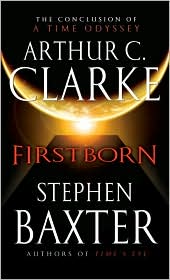


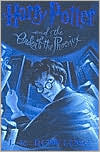

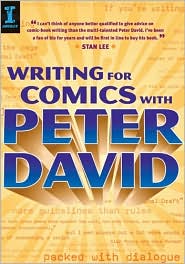

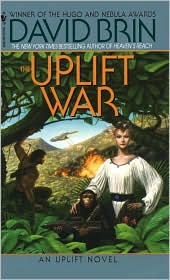
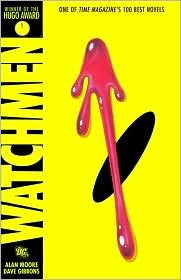

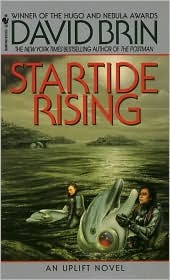



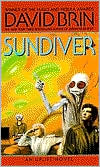



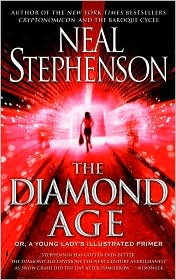








0 Comments:
Post a Comment
<< Home